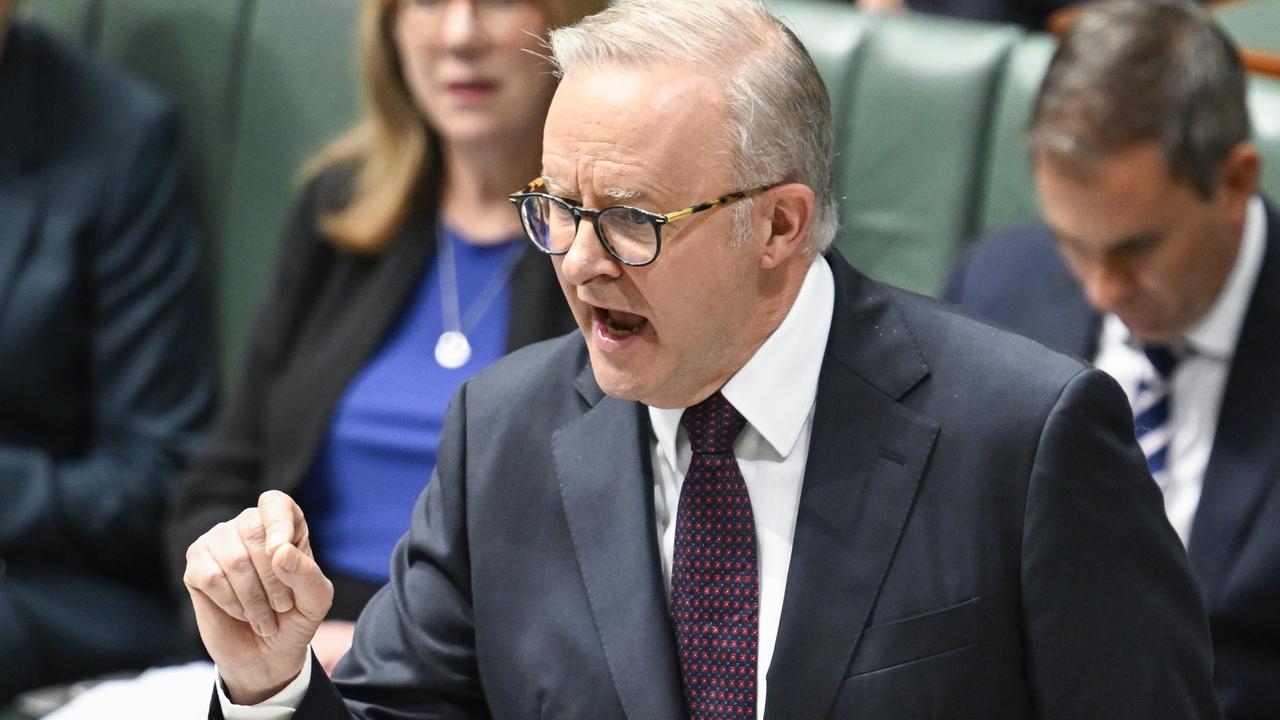Referendum voting overhaul risks ‘misinformation’ as new financial disclosure targets to be set
The way Australians vote in referendums will be significantly modernised before the Voice vote, but one major change is concerning.

Before Australians head to the polls later in 2023 for the first referendum of the 21st century, a major overhaul to the way people vote is desperately needed.
The last referendum was held in 1999, and the relevant legislation has not been touched since.
Late last year, the government introduced a Bill, seeking to amend the 1984 Referendum (Machinery Provisions) Act to modernise the process before Australians head to the polls to vote in the Voice to Parliament referendum.
The government says passing the amendments would mean transparency and integrity are enshrined, in line with the mechanisms used for general elections.
It would cap foreign donations at $100 and ensure any domestic donations over $15,200 are properly declared.
But one of the biggest differences between the Voice referendum and referendums of the past would be the lack of publicly dispersed “yes” and “no” pamphlets, which the opposition and experts alike warn comes with significant risk in an age of online misinformation.
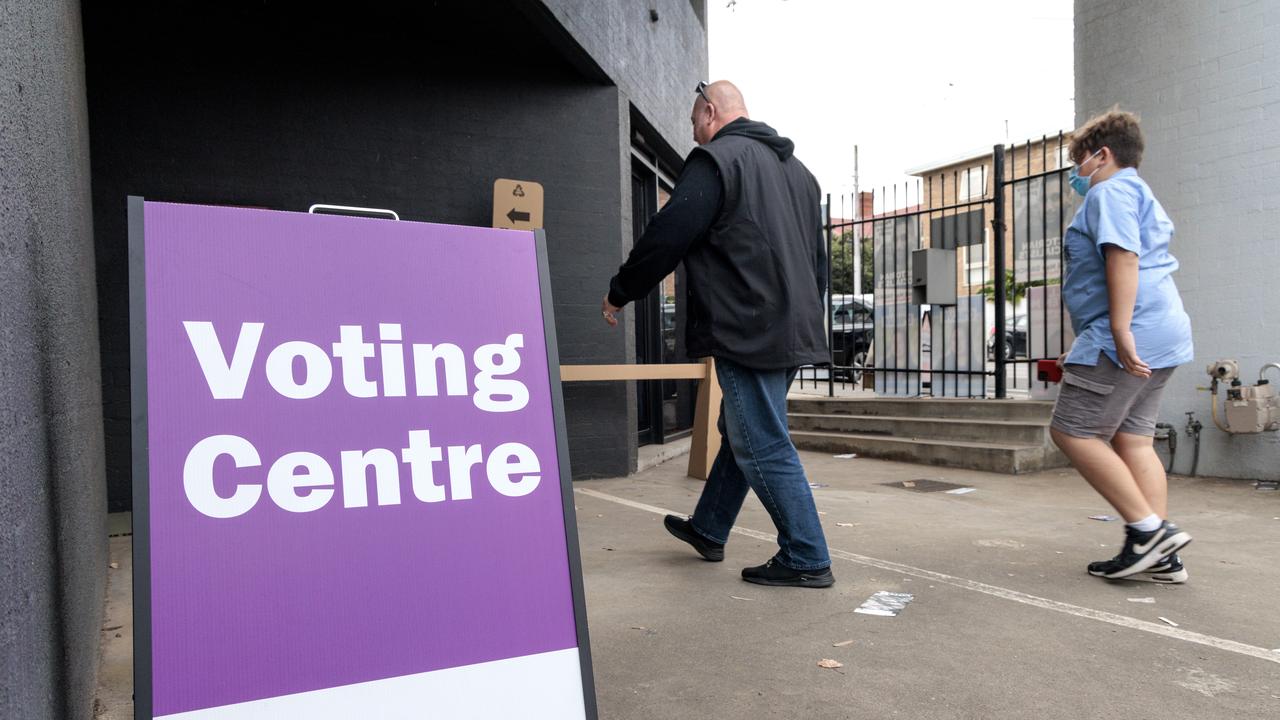
In introducing the amendment Bill in December, Assistant Minister to the Prime Minister Patrick Gorman said the government had “no intention” of funding “yes” and “no” campaigns.
Official pamphlets have been prepared by parliamentarians voting for or against the question at hand for all but a handful of the votes held since federation.
Mr Gorman said times had changed, and there was no longer a need to create – and print – pamphlets.
“When the pamphlet requirement was introduced in the early 20th century, it was an important way of ensuring that all voters were properly informed about why their elected representatives supported or opposed a referendum question,” he said.
“As the next referendum will be the first in the digital age, there is no need for taxpayers to pay for a pamphlet to be sent to households. Modern technology allows parliamentarians to express their views to voters directly and regularly through a wide range of sources, such as television, email and social media, that did not exist when the pamphlet was introduced in 1912.”
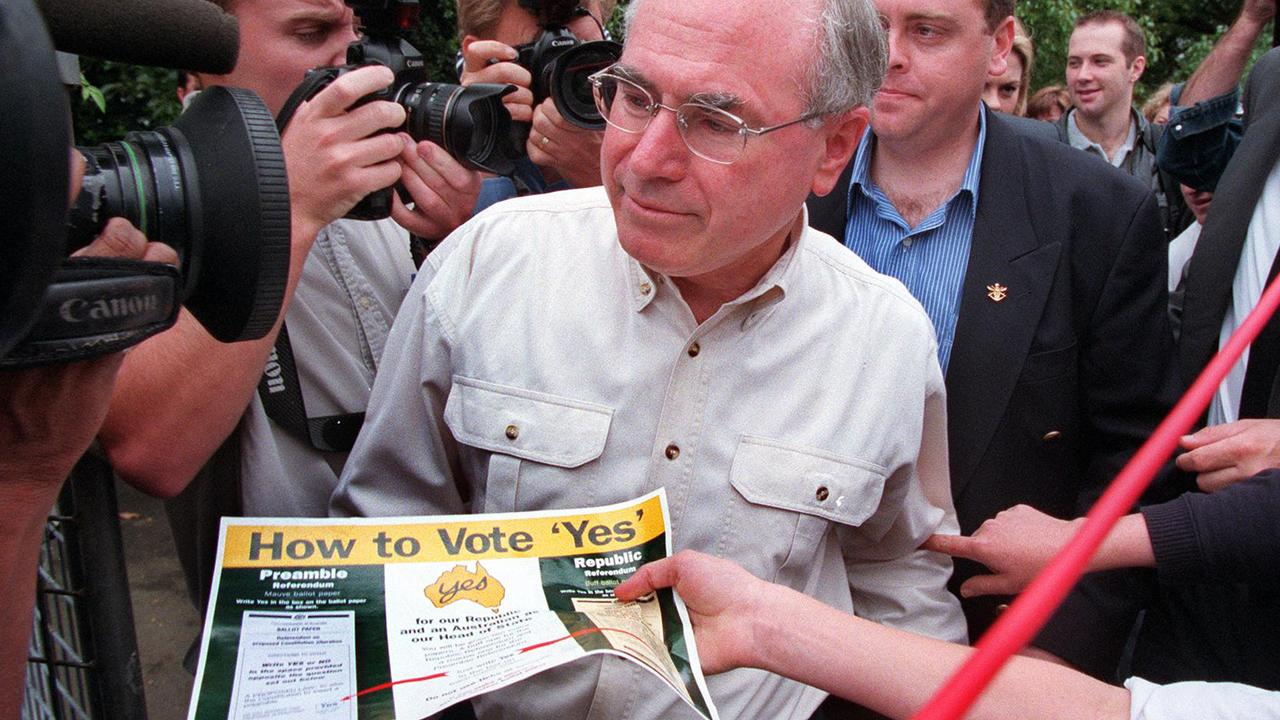
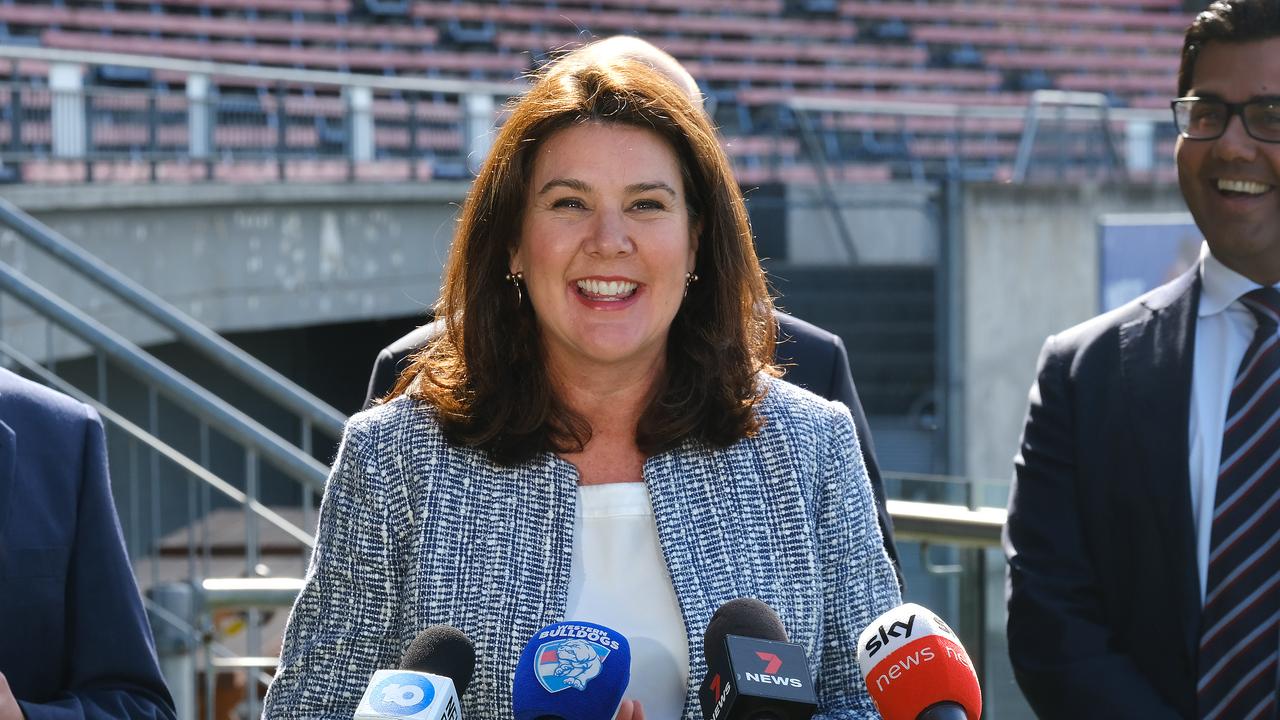
But the opposition’s spokeswoman for finance, Jane Hume, said in an age of misinformation, Labor must explain it wanted to “ditch” the pamphlet, which provides official information.
“This is the first time that there hasn’t been a referendum pamphlet provided to voters since before Phar Lap won the Melbourne Cup,” Senator Hume told NCA NewsWire.
“Labor is deliberately missing a chance to give Australians a fair and full understanding of what they are voting for.
“The decision to abandon the official referendum pamphlet isn’t simply a matter of technology as Labor would have you believe.
“The Coalition wants to be constructive. We want to see a referendum process where Australians feel confident and informed when they make their decision to change our national document.
“By not sharing basic details about the Voice with Australians, the Prime Minister is setting the referendum up to fail.”

Constitutional law expert Anne Twomey echoed concerns about the lack of available official information.
“We don’t know (yet) if they propose to replace (the pamphlet) with some other form of government authoritative information that people can access,” she told NCA NewsWire.
“I think there’s a real concern that if people are simply relying on what they see on the internet and social media to make a decision, that will be problematic if there isn’t any official source of information.”
Independent MP Monique Ryan said there was “nothing to stop” politicians who were against the Voice from producing a pamphlet of their own.
“What has happened in the past is the parliamentarians who have been supportive of (a specific) referendum have produced a pamphlet. And if there’s a no case, then the parliamentarians, not the government, who are opposed to that referendum have produced that no case,” she said.
When asked about the threat of misinformation that could come with a lack of official documents, Anthony Albanese said the government would “continue to put out the facts”.
“People should not put out disinformation. It will be combated where it can,” the Prime Minister said.
“But I would say that there’s a need to be responsible, particularly public office holders, to be responsible and to not put up furphies in order to confuse the situation going forward.”
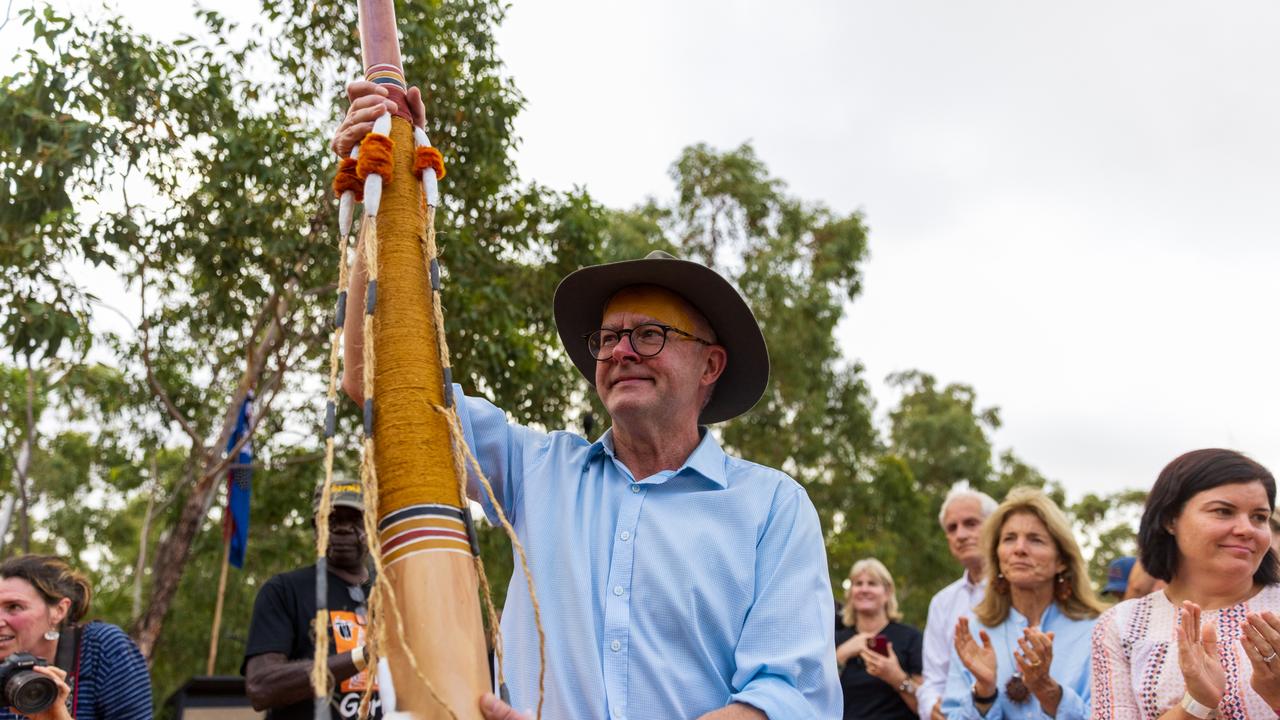
The government’s plan to amend the referendum legislation would also establish a financial disclosure framework.
“The Bill will establish a financial disclosure framework for referendums, to support transparency and accountability with respect to funding and expenditure,” Mr Gorman said when introducing the amendments.
The Bill’s passing would mean any donations over $15,200 would need to be disclosed.
Nathan Williamson from the Department of Finance told a parliamentary inquiry on Monday that the threshold had been modelled on the donations and disclosures regimen used in the Electoral Act and would be indexed by CPI moving forward.
“Referendum entities will be required to disclose cumulative donations above the threshold as well as be required to disclose total amounts, total numbers of donors, and be required to disclose any individual donor who donates above the threshold in a single donation or multiple,” he said.
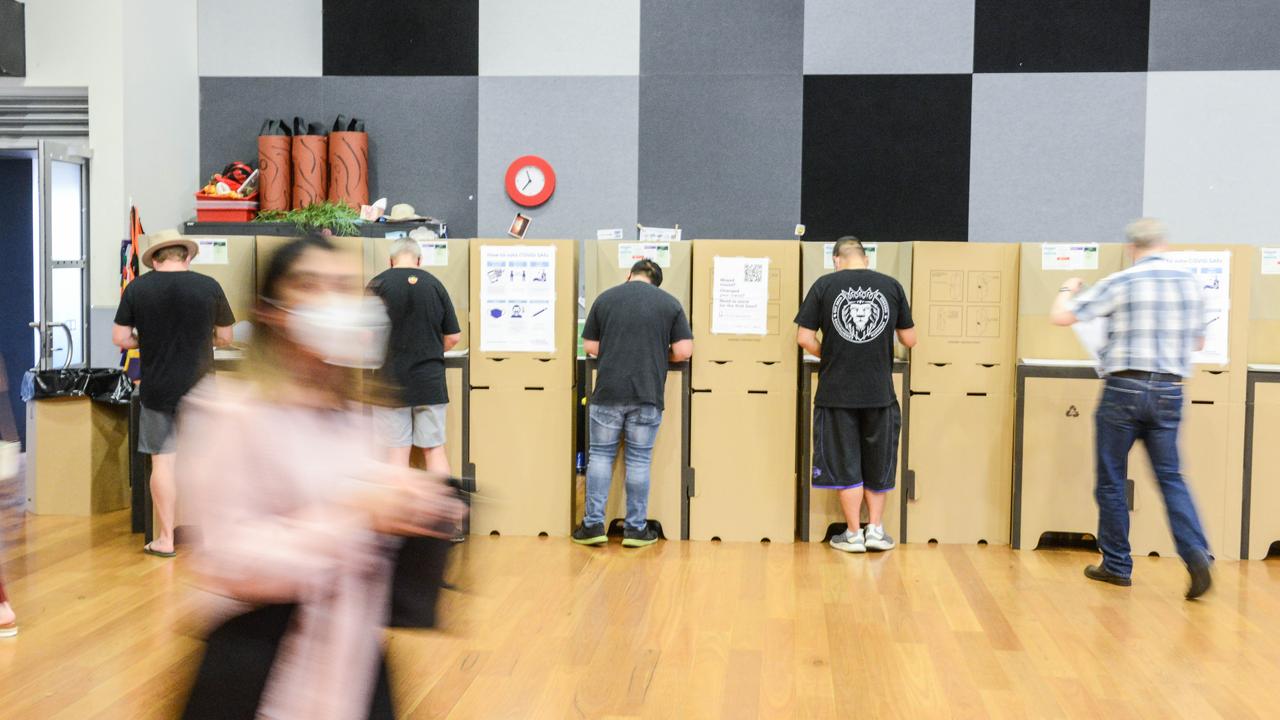
In addition, foreign donations over $100 would be illegal.
Overall, Professor Twomey said the Bill before parliament at the moment would “ensure consistency” between the method of voting that exists for elections and the method used for referendums.
“It’s a sensible thing to make sure that the tools are consistent with each other,” she said.
Postal and pre-polling voting mechanisms will also be modernised in line with election procedures.

